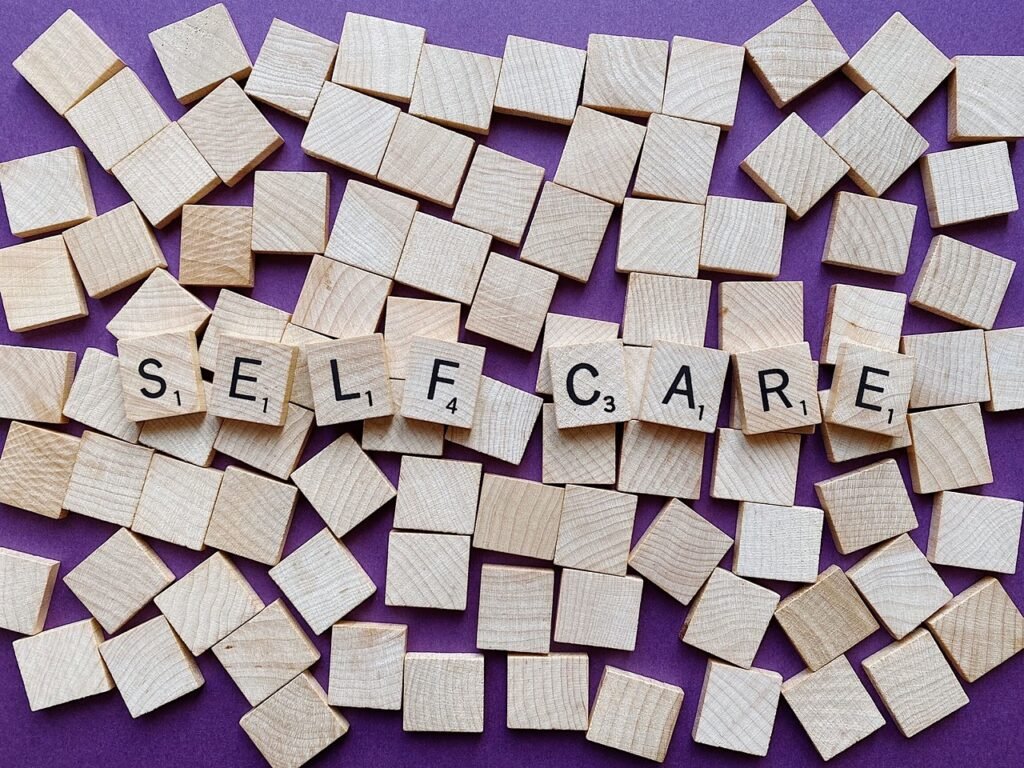3 Practical Ways You Can Manage Family Caregiver Stress

Understanding the Challenges of Caregiving
No one needs to convince you that the caregiver burden is real.
That doesn’t mean you view the loved ones you care for as a burden. Far from it, your love for them is likely the primary motivator for your willingness to care for them. The person you care for isn’t the “burden.” Instead, the burdensome part of caregiver burden is the situation and your limitations in coping with it.
Caring for someone you love can create emotional stress that’s hard to manage. Many caregivers feel guilt, anxiety or frustration when they think they’re not doing “enough.” You might question your choices or feel torn between caring for your loved one and caring for yourself.
Research shows that nearly 60% of caregivers experience high levels of stress. A survey conducted by the Family Caregiver Alliance found that 40% of caregivers report feeling depressed. These emotions can make it hard to stay patient, rested and hopeful.
Care for them, but don’t forget you.
Caregivers often put their own needs last. But forgetting about basic self-care is not a good idea. Over time, this neglect can lead to caregiver fatigue or even burnout. Studies show that one in three caregivers rate their health as “fair” or “poor,” compared to much lower rates in the general population. This kind of exhaustion doesn’t just affect your energy. It can impact your immune system, your sleep and your ability to cope with daily stress.
3 Ways to Manage Caregiver Stress
A variety of products, services and strategies can help you manage your family caregiving challenges. These practical solutions not only ease the daily burdens but also promote caregiver well-being.
Practice self-care.

Caregivers need to prioritize their own physical and mental health by working self-care activities into their routines.
You can start small: Schedule regular breaks, eat balanced meals and move your body, even if it’s just a short walk outside.
A great place to start your self-care could be a simple hug.
Activities like mindfulness can significantly reduce stress levels and enhance emotional resilience. Furthermore, setting aside time for hobbies or relaxing pursuits helps caregivers recharge and maintain their overall well-being.
Adopt technology.
Apps designed to help with scheduling, medication management and communication can streamline daily tasks.
For example, you can track medications and drug interactions with a tool like Medisafe. Another app that allows comprehensive tracking of meds, moods and symptoms is MyTherapy.
Apps like these can help caregivers feel more organized and in control. Smart home devices, such as voice-activated assistants and security cameras, can offer peace of mind that enhances both caregiving and safety.
Engage community resources.

Local organizations often provide support groups, educational workshops and access to mental health counseling.
Spending time with peers who understand the unique challenges of caregiving can foster a sense of connection and shared experience. That engagement is vital for emotional support.
Also, respite care services can provide crucial relief by temporarily assuming caregiving responsibilities. This can allow caregivers time to rest and recuperate.
If caregiving is causing you financial stress as well as emotional and mental stress, look for benefits programs that can help.
With these various tools and strategies, caregivers can find practical solutions to relieve stress. By practicing self-care, using technology and engaging community resources, caregivers can significantly improve their well-being. This will ensure a more manageable caregiving experience.
Managing Family Caregiver Stress FAQ
What is caregiver burnout?
Caregiver burnout is a state of emotional, physical and mental exhaustion caused by prolonged caregiving stress. It can lead to depression, fatigue and difficulty concentrating.
How can I reduce caregiver stress?
Try deep breathing, journaling or going outside for a short walk. Even five minutes of calm can help reset your mind.
Are there financial programs to help caregivers?
Yes. Many states and nonprofits offer grants or stipends for family caregivers. To see what’s available, start with BenefitsCheckUp.org.
How do I know if I need respite care?
If you’re feeling constantly tired, irritable or overwhelmed, it’s time to take a break. Respite care gives you temporary relief so you can recharge.
What’s one simple act of self-care I can start today?
Give yourself permission to rest. Whether it’s a nap, a warm bath or enjoying a cup of tea, small moments of rest are essential.






